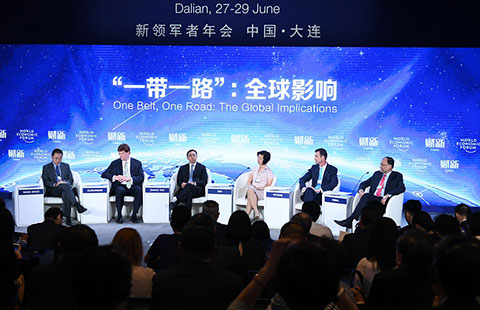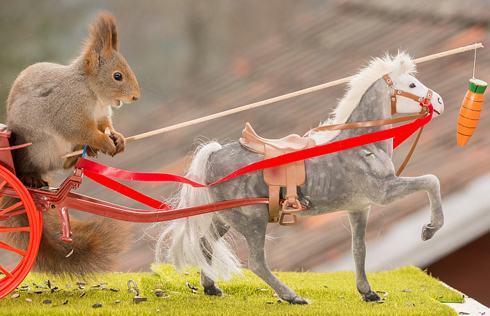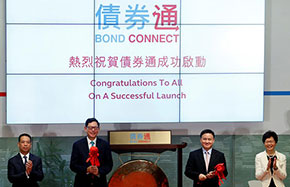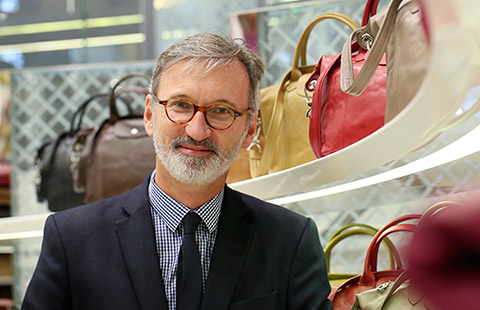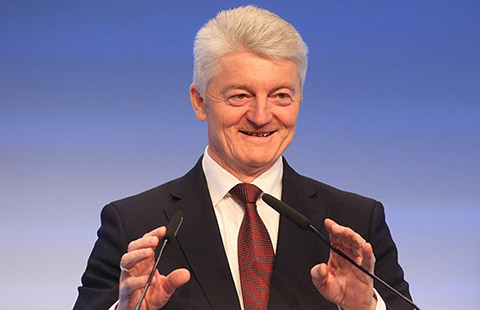Trade protectionism a 'blind alley': Li
BEIJING - Chinese Premier Li Keqiang on Friday said that protectionism is a "blind alley," calling for free trade to help achieve a global economic recovery.
At a meeting with Klaus Schwab, chairman of the World Economic Forum (WEF), Li said, "Trade protectionism is a blind alley while the creation of an open, free and fair trading environment is the right path toward an economic recovery."
Li's comments came after the European Commission decided earlier this month to impose provisional anti-dumping duties on imports of solar panels, cells and wafers from China.
The premier said the world economy is undergoing a "period of in-depth readjustment" with a lack of enough momentum for growth, and that risks and challenges should not be underestimated.
The foremost task of the international community is still to achieve a stable recovery, Li said, adding that no country can prosper single-handedly in the world.
"All countries should cooperate with each other and one should take into account others' rational concerns while seeking its own national interests," the Chinese premier said.
Li told Schwab that he hopes the WEF plays an active role in promoting liberalization and facilitation of global trade and investment.
Schwab is in China ahead of this year's WEF Annual Meeting of the New Champions, also known as the Summer Davos Forum, themed "Meeting the Innovation Imperative."
The recovery of the world economy and China's push to "upgrade" its economy demands more competitive and high-quality development driven by innovation, Li said.
China is ready to cooperate more closely with the WEF on studies of some major issues, Li told the WEF founder.
Schwab said he is optimistic with the future of the Chinese economy, and the WEF will work with China to support Chinese enterprises' efforts to get better involved in the world economy and help the world to better understand the country meanwhile.






